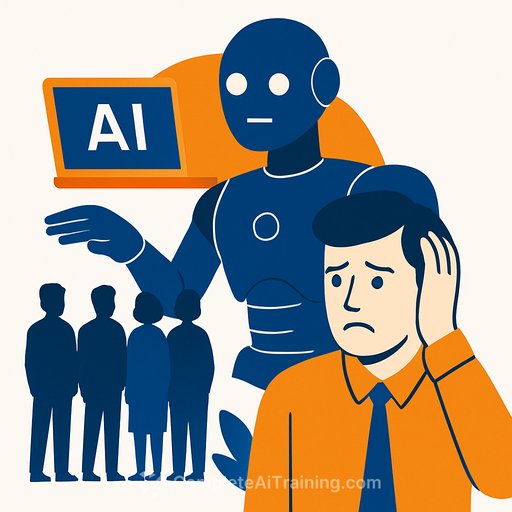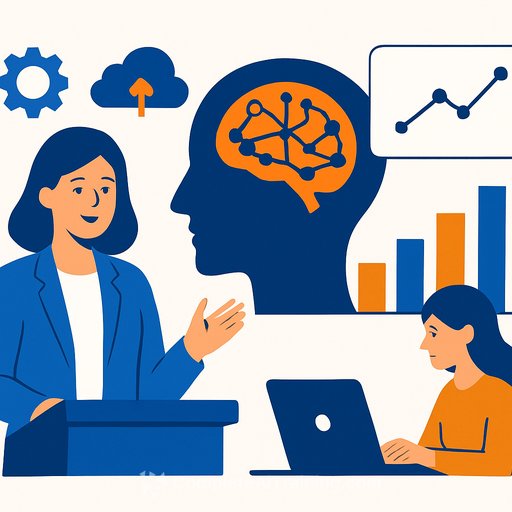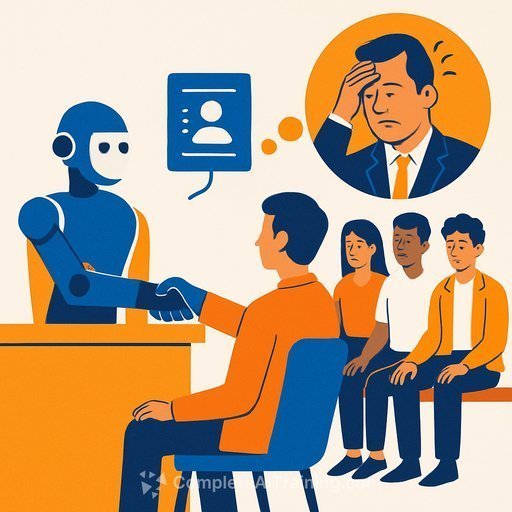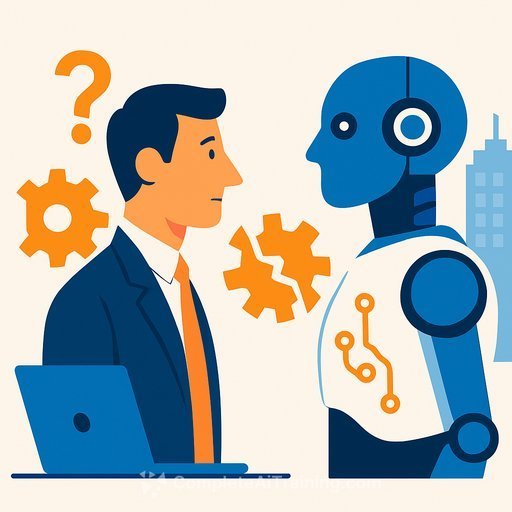TUC Poll Reveals Widespread Concern Over AI's Impact on Jobs
More than half of UK workers worry about how artificial intelligence (AI) could affect their employment, according to a recent poll by the Trades Union Congress (TUC). This unease spans political lines and is especially high among younger employees early in their careers.
The UK government has made AI a central part of its “Plan for Change,” aiming to shift the country from being an AI adopter to an AI creator. However, the TUC argues that this must be balanced with stronger protections and support for workers.
AI in the Workplace: What the Poll Found
The TUC surveyed 2,600 adults and found:
- 51% are concerned about AI and new technologies affecting their jobs.
- Job losses and changes to pay or conditions were the main worries.
- Concern was consistent across Labour (52%), Conservative (49%), and Reform (52%) voters.
- 62% of workers aged 25-34 expressed concern, highlighting anxiety among younger staff.
- 50% believe workers and unions should have equal say alongside businesses in how AI is used at work.
These findings underline a clear demand from employees for a voice in AI decisions, rather than leaving it solely to corporate interests.
TUC’s Call for a Worker-Focused AI Strategy
In response, the TUC has launched a “worker first” AI approach, urging the government to attach conditions to public funding for AI research. The goal is to ensure AI supports workers instead of replacing or deskilling them.
The union warns that without safeguards, AI could increase inequality, worsen working conditions, and fuel social unrest. They propose:
- Investment in workforce training and skills related to AI.
- Building public sector technology capacity to reduce reliance on private tech firms.
- Implementing “guardrails” to protect workers from AI-related harms, including adopting the TUC’s model AI Bill.
- Strengthening social security and retraining programs to support workers through job transitions.
This approach aims to create a “digital dividend” where productivity gains benefit workers as well as businesses.
Practical Implications for HR Professionals
HR teams should prepare for AI integration by focusing on employee engagement and upskilling. Ensuring workers have a say in AI deployment will help ease concerns and improve adoption.
Key actions include:
- Facilitating open conversations about how AI will impact roles and workflows.
- Partnering with unions to develop fair policies around AI use.
- Investing in training programs to equip employees with AI-related skills—helpful resources can be found at Complete AI Training.
- Supporting affected workers through transitions, including reskilling and redeployment.
Effective AI adoption means balancing innovation with protection and opportunity for employees.
The Stakes Are High
The TUC assistant general secretary emphasized that AI's benefits can be significant if workers are central to its development. Public investment should not end up enriching only tech owners but must also improve worker conditions and job security.
Without proactive policies, AI risks entrenching inequality and job insecurity. For HR leaders, this means preparing strategies that align AI use with employee welfare and fair workplace practices.
For more guidance on AI skills and training tailored to different roles, visit Complete AI Training’s course offerings.
Your membership also unlocks:





